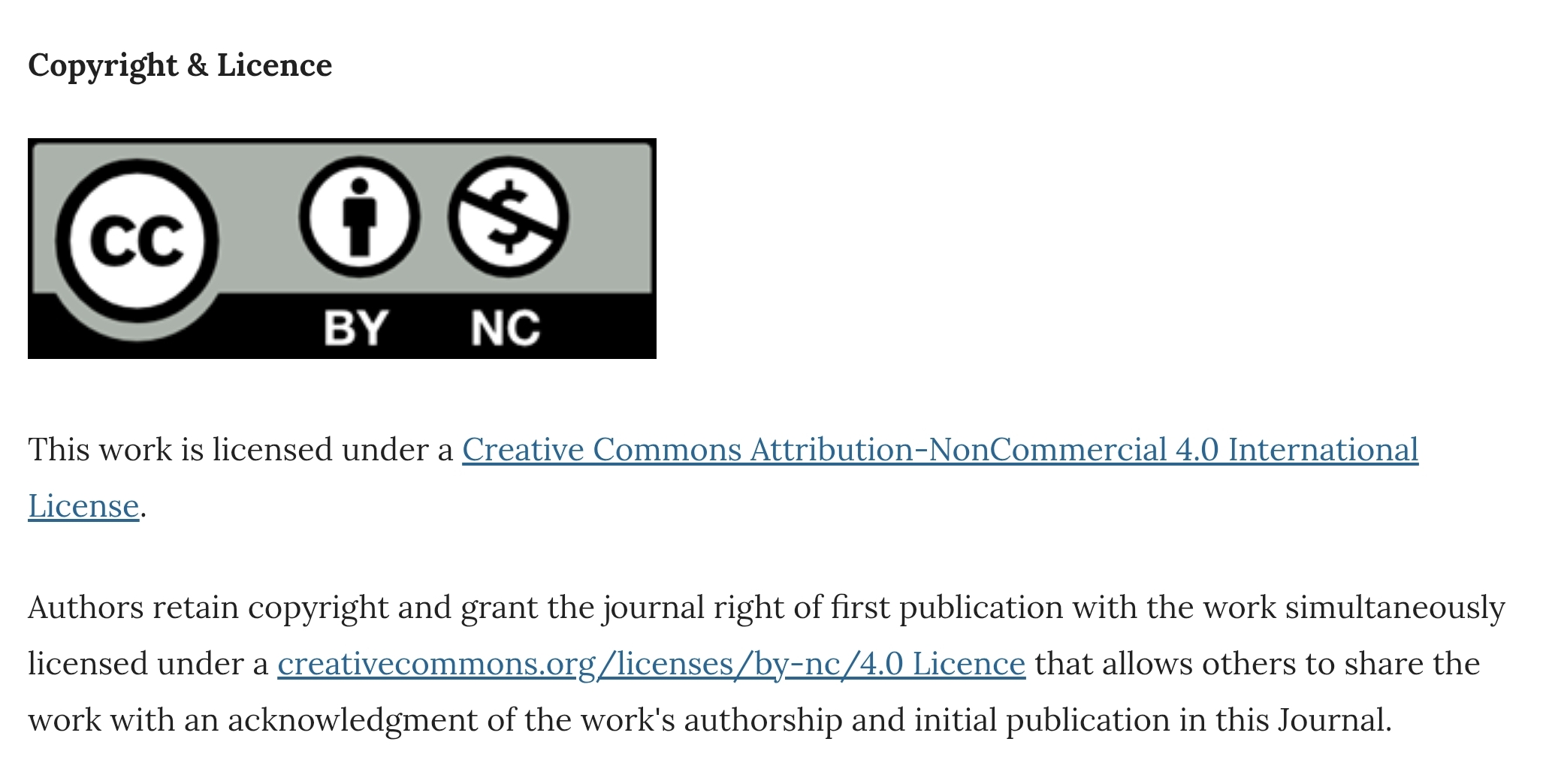Self inflicted upper limb injuries in a tertiary care rural Plastic Surgery unit - A psychiatric evaluation
DOI:
https://doi.org/10.30834/KJP.33.2.2020.192Keywords:
self inflicted injuries, plastic surgery, psychiatric co-morbidityAbstract
Background: Deliberate self-harm patients (DSH) with upper limb injuries are commonly admitted in the plastic surgery units. Psychiatric comorbidities are risk factors for these patients with self-inflicted injuries. A multidisciplinary team approach is needed.
Methods: Patients who presented with self-inflicted upper limb injuries in the plastic surgery department were referred for psychiatric liaison services. Socio-demographic data, mode of injury, plastic surgical procedures, and psychiatry diagnosis were noted.
Results and discussion: Out of 48 patients, 20 (41.6%) belong to the 21-30 age group, 30 (62.5%) were males. 43 (89.6%) patients needed major plastic surgery procedures. The major psychiatric comorbidities were depressive disorder (27.1%), adjustment disorder (16.6%), alcohol dependence syndrome (14.6%), and bipolar mood disorder (12.5%). High psychiatric morbidity among self-inflicted hand injuries suggests the need for a multidisciplinary approach and long term follow-up.
Conclusion: Psychiatric liaison services are important in the treatment of self-inflicted upper limb injuries.
Downloads
References
Cowen P, Harrison P, Burns TM, Fazel. Shorter Textbook of Psychiatry,7th ed.Oxford: Oxford University Press. 2017.1118-39,
Nazeer N, Tharayil HM, Vidyadharan V. A Comparative study of impulsivity, lethality and intent among patients attempting suicide by self-immolation and poisoning. Kerala Journal of Psychiatry. 2019;32(1):10-16.
Mc Learie S, Orr DJA, O’Dwyer AM. Psychiatric morbidity in a regional plastic surgery centre— one-year review with a proposed categorisation. Br J Plast Surg. 20041;57(5):440–5.
Ersen B, Kahveci R, Saki M, Tunali O, Aksu I. Analysis of 41 suicide attempts by wrist cutting: a retrospective analysis. Eur J Trauma Emerg Surg. 2015;43.
Rabi S, Sulochana J, Pawan S. Self-inflicted cut injury as common method of deliberate self harm: A retrospective study from Nepal. Indian J Psychol Med. 2017; 39(5):579-83.
Krysinska K, Heller TS, De Leo D. Suicide and deliberate self-harm in personality disorders. Current Opinion in Psychiatry. 2006;19:95-101.
Jeong SH, Gu JH, Kim WK. Analysis of Self-Inflicted Lacerations to the Wrist: A Multidisciplinary Approach to Treating. J hand Surg Asian-Pacific. 2020:2020:47-53.
Rashid A, Brennen MD. Psychiatric assessment of patients with self-inflicted lacerations to the wrist and forearm admitted to a nonpsychiatric ward: The experience of a regional plastic surgery unit. J Plast Reconstr Aesthetic Surg. 2006;59(3):266-71.
Hawton K, Harriss L. Deliberate self-harm in young people: Characteristics and subsequent mortality in a 20-year cohort of patients presenting to hospital. J Clin Psychiatry. 2007; 68(10):1574-83;
Krishnaram VD, Aravind VK, Vimala AR. Deliberate self-harm seen in a government licensed private
psychiatric hospital and institute. Indian J Psychol Med. 2016; 38(2): 137–4.
Gupta R, Narnoli S, Das N, Sarkar S, Balhara Y. Patterns and predictors of self-harm in patients with substance-use disorder. Indian J Psychiatry. 2019; 61(5):431-48.
Bilén K, Ottosson C, Castrén M, Ponzer S, Ursing C, Ranta P, et al. Deliberate self-harm patients in the emergency department: Factors associated with repeated self-harm among 1524 patients. Emerg Med J. 2011; 28(12):1019-25
Yip PSF, Hawton K, Liu K, Liu K sun, Ng PWL, Kam P man, et al. A study of deliberate self-harm and its repetition among patients presenting to an emergency department. Crisis. 2011; 32(4):217-24
Downloads
Published
How to Cite
Issue
Section
License
Copyright (c) 2020 Kerala Journal of Psychiatry

This work is licensed under a Creative Commons Attribution-NonCommercial 4.0 International License.











